The initial projection of a tarp is to protect you or your supplies from inclement weather. However, when you dig deep, there are versatile uses for a tarp. For this reason, it’s imperative to understand which tarp would be the best fit for you. Two of the most in-demand tarps- canvas tarps and vinyl tarps have been compared in this blog for your perusal.
The most prominent difference between a canvas and a heavy-duty vinyl tarp is the look and feel of the material. Canvas is considered to be rugged as it is made out of natural material. It has a coarse texture with a matte finish. Vinyl, on the other hand, has a rubber-like texture which gives a glossy appearance. Therefore, heavy-duty canvas tarps appear to be less smooth than vinyl material.
The Durability Factor
The canvas material is created out of natural cotton while the vinyl tarp material is made of PVC. This creates a difference in the durability of both tarps. Custom-made vinyl tarps exhibit unparalleled durability as compared to other tarps. Although both materials are crafted to withstand regular wear and tear, the canvas material is more vulnerable to damage than the vinyl material.
Waterproof or Water-Repellent
Tarps are susceptible to damage by Natural elements such as rain, snow, and sleet. Therefore, it is essential to understand how well the custom tarps will hold up when exposed to such elements. The vinyl material is waterproof while the canvas is water-repellent. Both terms differ vastly from one another.
Waterproof material remains unaffected during an onslaught of rain or snow. The water does not permeate the surface of the material keeping the fabric intact for a long time. Whereas, water-repellent to some extent prevents moisture penetration but if water pools on top of the tarp, it may eventually seep through the material. So, if you plan to use the tarp during heavy downpours then using the vinyl material would be appropriate.
A few splashes of raindrops or accidental beverage spillage may not damage the outdoor canvas tarps. In comparison to cotton or PVC tarp, the polyester canvas tarp does not easily gain weight or become brittle when exposed to heavy rainfall.
Keep the Mildew at Bay
The growth of mold and mildew can lead to a foul odor. Once this fungus starts to grow, it’s difficult to slow down the spread. When you use a clear vinyl tarp, you can forget mildew damaging the material even if exposed to a damp and warm condition which is the breeding ground for mold and algae. Chemically treated custom canvas tarps fare better than non-chemically treated material to prevent or slow down the growth of mildew.
Determining the Breathability & UV Radiation Equation
The cotton-made custom canvas tarps are more breathable than vinyl. This implies that canvas is oblivious to trapping heat from the sun as opposed to a vinyl tarp. However, the vinyl material is treated with a solution to prevent damage from UV radiation. Excessive UV radiation is not only harmful in disintegrating the material but also results in discoloration. Transparent vinyl fabric is likely to withstand UV radiation and extremely cold temperatures making it the most appropriate material for all conditions.
Best Uses of the Tarps
Waterproof canvas tarps are a popular choice for both commercial and personal uses. Owing to their heat-resistance and water-repellent qualities, industrial canvas tarps can be used for several applications such as residential, commercial, transportation, industrial, agriculture, and construction. Use them for outdoor purposes such as equipment and supplies covering, picnicking, gardening, and more. The canvas tarps for camping were originally thought to be the only purpose they would serve. Over time, canvas tarps have emerged for serving different purposes as listed above.
The vinyl tarps can be used as dividers and temporary walls or to shield people and areas from certain dangerous operations such as welding, grinding, or sawing.
Resist the Wind or Flap Irrevocably
The canvas material is not as lightweight as vinyl. Therefore, it may be prone to snagging or getting blown away by wind easily. Heavy-duty custom tarps such as vinyl may be resistant to the effects of gusty winds. You can add weight to the canvas material to overcome this tarp. For example, a canvas tarp with grommets adds stability to it and stops the tarp from flapping incessantly during windy weather.
Go Green with Canvas Tarps
A lot of people today are concerned about the environment. Many customers today consciously try to choose an environmentally favorable material such as a canvas tarp made from natural fiber. Vinyl is recyclable, yet it is made of PVC material that may or may not be accepted by recycling facilities for processing it.
Polyester mixed canvas tarps also exist, they may not be as environmentally friendly as a pure canvas tarp thus evoking the question of the recyclability of the material. Vinyl and polyester-made canvas feature durability that impacts the price of the material as a frequent replacement becomes a thing of the past.
The Price Can Make You Think Twice
The price of the tarp is quintessential, especially if you have a shoestring budget. Canvas is comparatively cheaper than vinyl. However, factors such as custom-made vinyl tarps or personalized canvas tarps can play a role in determining the value of the material. You can reduce the price of the canvas if you buy canvas tarps online. This will eliminate the share of middlemen and reward you with a direct deal from a wholesaler.
Before you make the purchase, you should consider the longevity of the material. Vinyl has an extensive lifespan and is resistant to other environmental factors. Canvas, on the other hand, is environmentally friendly and used in high-temperature locations.
In conclusion, whether you should buy vinyl tarps for sale or consider buying canvas tarps for short-term usage depends mostly on factors such as application, budget, durability, and climatic conditions.


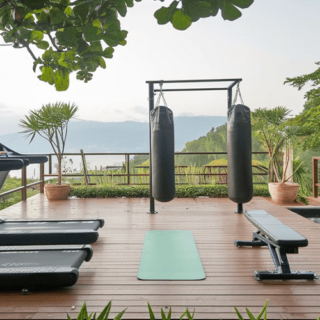



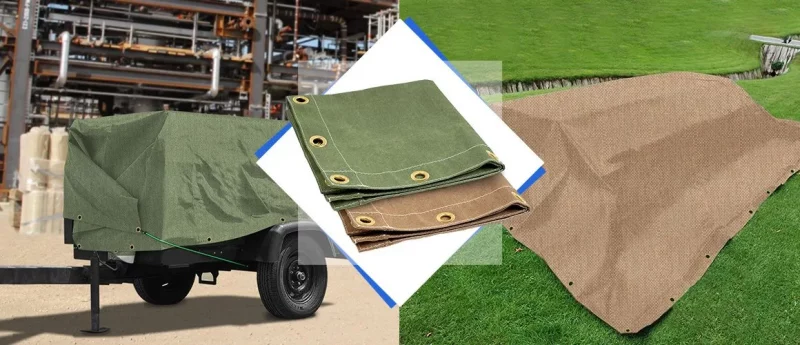

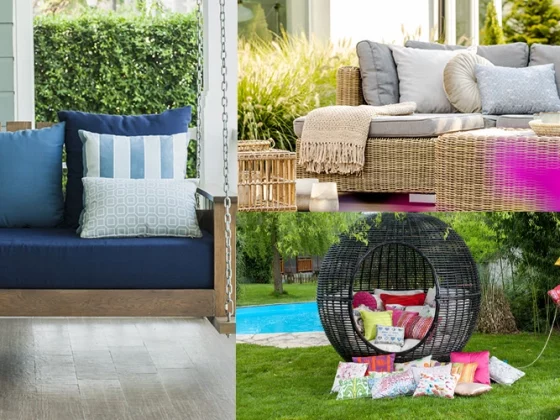

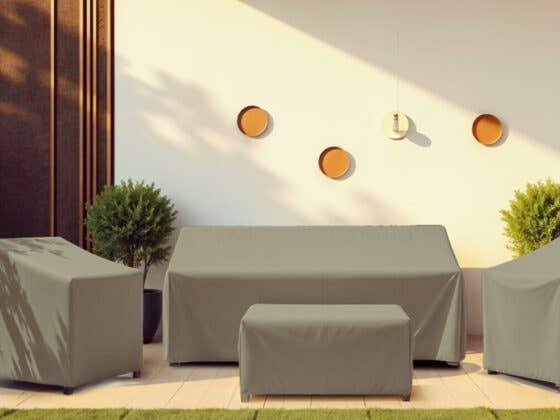
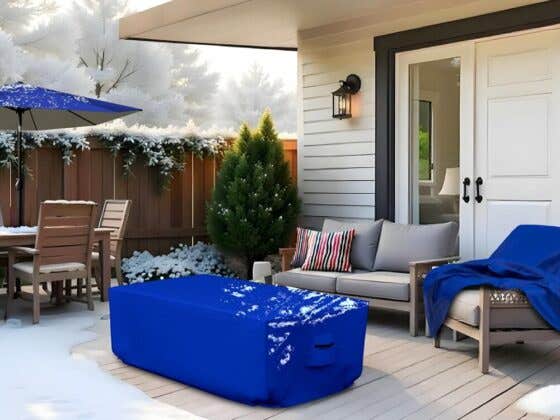


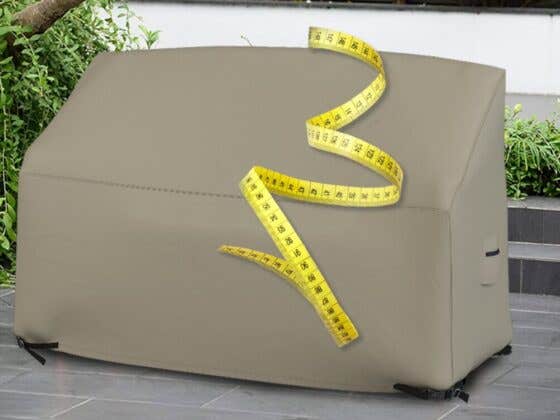
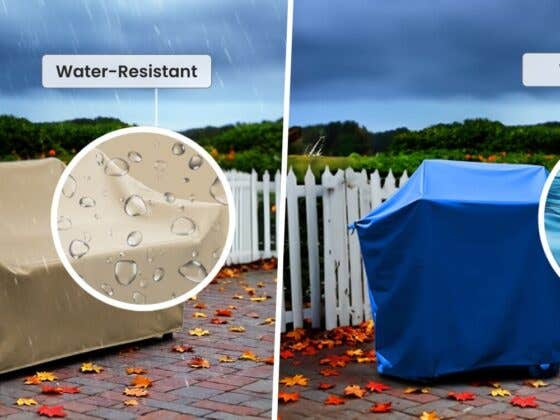

Recent Comments